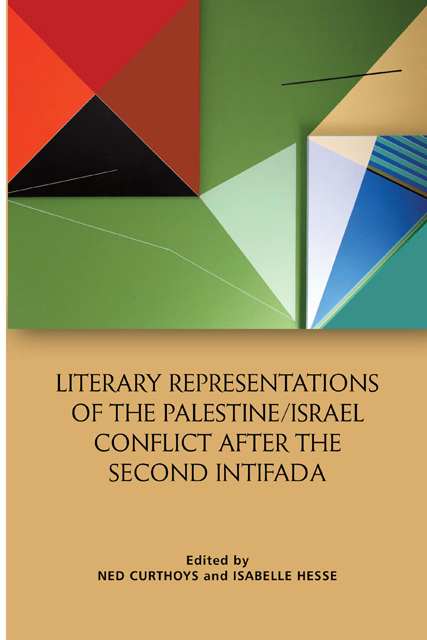2 - Daily Encounters: Diary Writing and the Politics of the Mundane in Occupied Palestine
Published online by Cambridge University Press: 07 June 2023
Summary
Palestinian life writing is an expanding field of inquiry in Anglophone postcolonial studies, where postcolonial criticism has increasingly focused on autobiographical literature and its relationship to the ongoing Palestinian colonial predicament. The field is notably acknowledging the significance of autobiographical writing as a compelling cultural form of narration which highlights the intertwined relationship between individual life, national history and political reality. This critical interest in life writing can be particularly attributed to the way the genre is produced and received as a form of Palestinian testimony and its capacity of prescribing the effects of the political conflict on the lives of individuals (Bernard, Rhetorics 4). Having achieved a wide critical exposure, Palestinian life writing today is one of the major genres of contemporary Palestinian literature and is, as Karim Mattar notes, ‘a uniquely compelling means to transmit the archetypal features of Palestinian reality – exile, diaspora, dispossession, occupation, and war – to international audiences otherwise exposed mainly to foreign, corporate narratives, if to any at all’ (54).
This chapter considers the contemporary Palestinian diary as a cultural form of self-expression which reinvigorates the imbrication of personal and national narrations. It argues that the formal and thematic capacities of the diary form enable life writers to present life under occupation as monotonous, daily encounters. The diary form, as I demonstrate, challenges the fundamentally political and conflict-centred discourses that govern the representation of Palestine and Israel which, as Anna Bernard notes, ‘continue … to determine the conditions of reception for Palestinian and Israeli writing in English and in English translation’ (Rhetorics 7). Instead, the diaries under discussion, I argue, are motivated by the desire to record, represent and testify to the mundane dimensions of contemporary local Palestinian life by privileging the quotidian experience of the occupation. While one could argue that examining life writing as politically driven is not a new route of research in Palestinian literature, the study of the diary form, I assert, emerges as an important concern for postcolonial autobiography studies not only as an under-examined subject of inquiry but also as an increasingly emerging form of Palestinian life writing which highlights the discursive relationship between national narration and self-representation as important cultural sites for manifesting Palestinian daily resistance.
- Type
- Chapter
- Information
- Publisher: Edinburgh University PressPrint publication year: 2022



